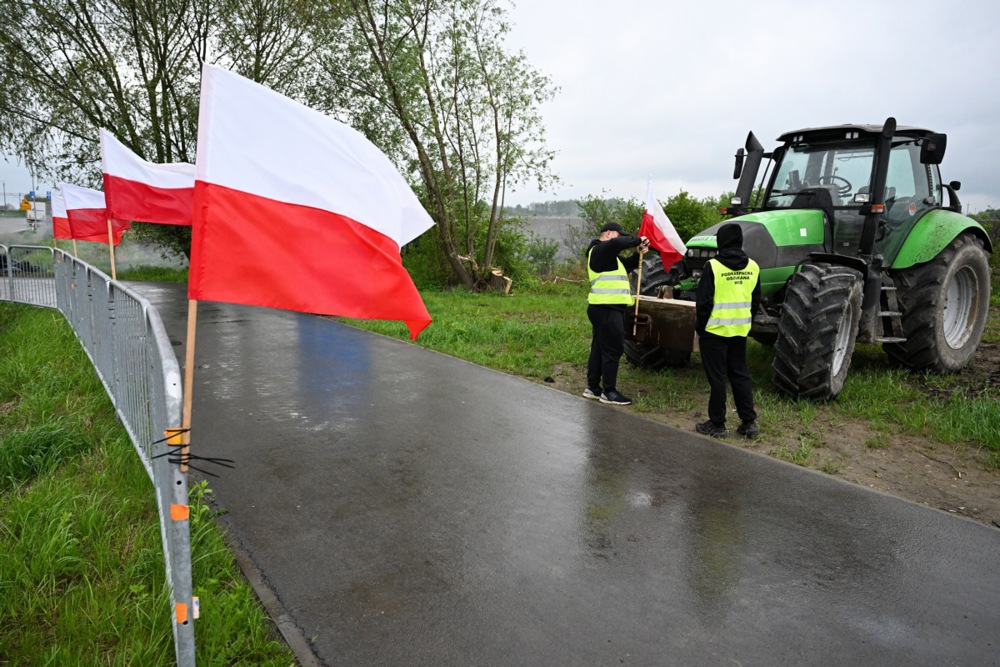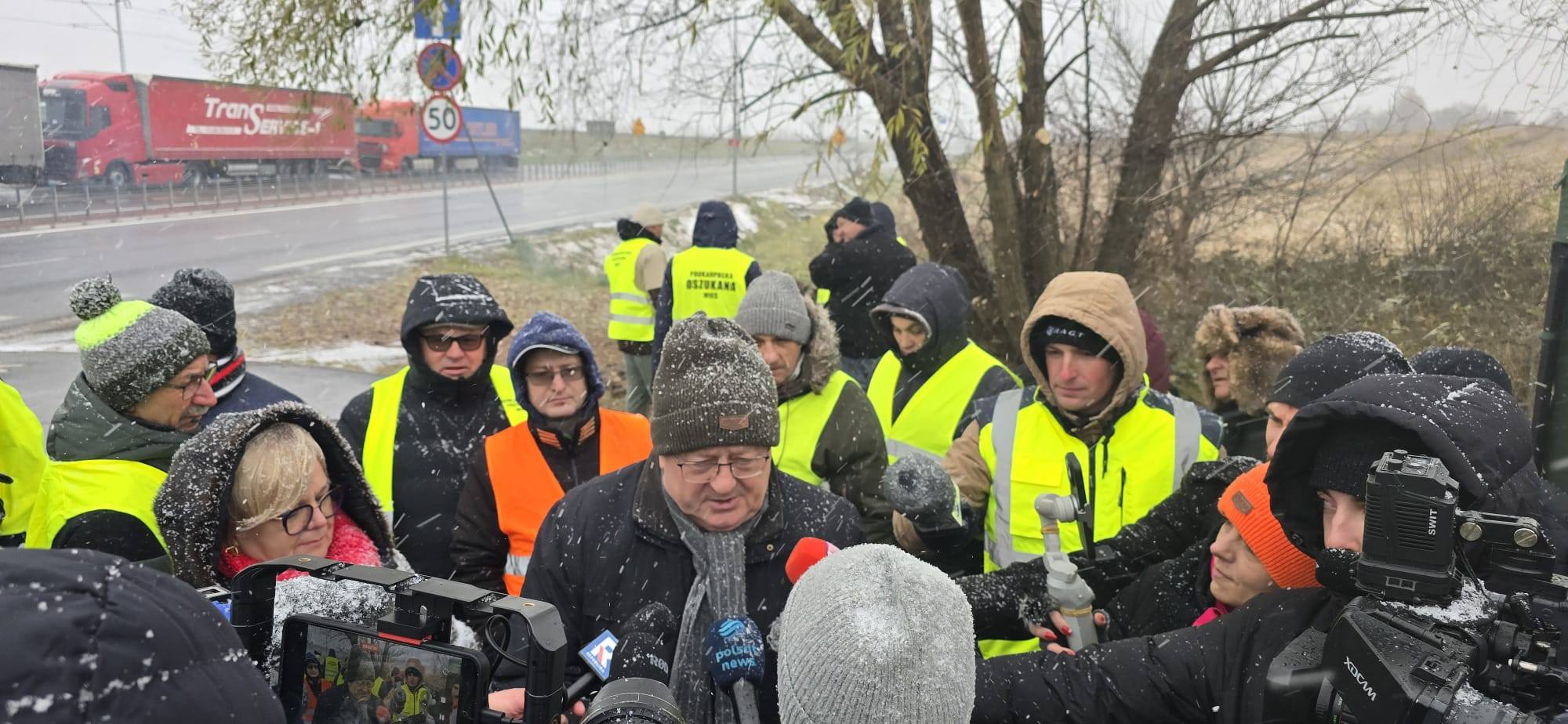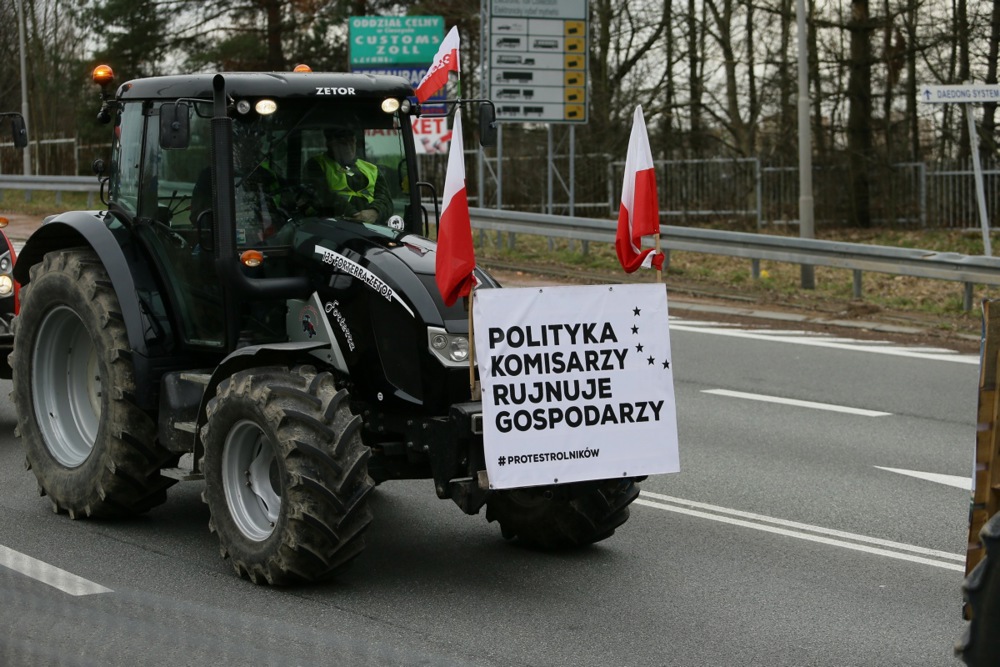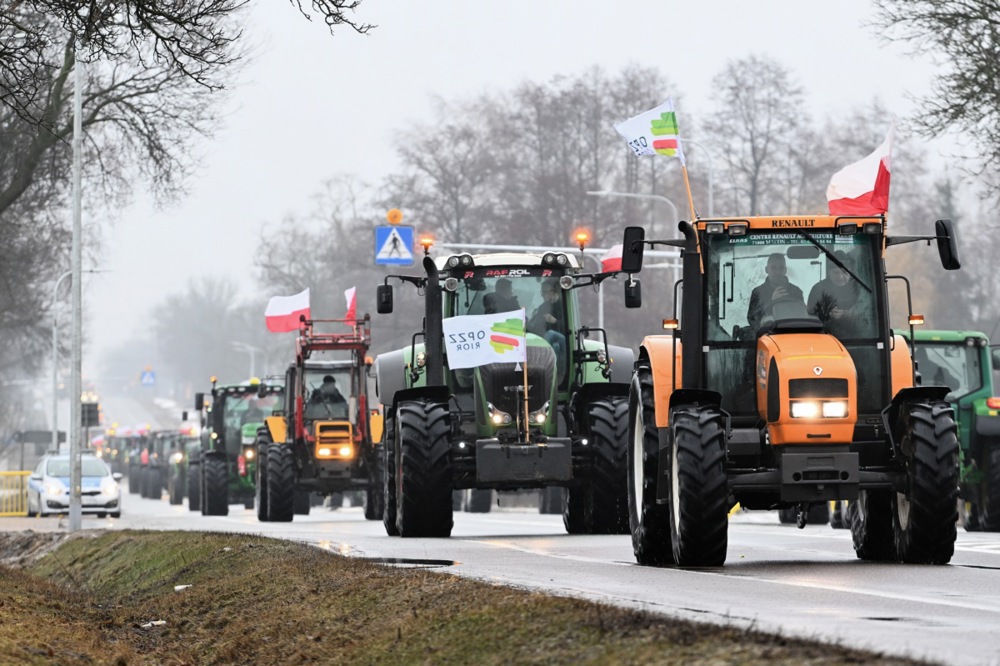After social media posts claimed a farmer was giving away “free potatoes”, locals removed around 150 tonnes of crops in just one day in the southern Polish village of Dąbrowica.
The rumour, however, was false. In fact, distillery owner Piotr Gryta had bought the potatoes the previous day, and decided to place them temporarily in his field in the village.
The potatoes, worth roughly €15,000, disappeared in only 24 hours after hundreds of people came to the field, many bringing their automobiles and trucks.
Local village official Tadeusz Łapka told Polish commercial broadcaster Polsat News that he had received a call that day, telling him the potatoes were available to be collected for free.
By the time he had reached the field, he witnessed “cars, tractors and people filling their bags”, he said.
Gryta says people who do not return the potatoes should be prosecuted, and described their actions as theft.
“If someone took a sack—fine, maybe they needed it. But tractors? They’d better come talk to me, because I’ll speak with the mayor, and if this isn’t resolved voluntarily, the prosecutor will have to step in,” Gryta told Polsat News.
Some residents indeed returned potatoes after learning they were not free.
The confusion arose as direct sales and self-pick programmes, known as ‘self-harvesting’, have spread across Poland, after many crops had a higher yield than expected.
There have been cases of farmers giving away crops for free as a result of over-production.
Intermediaries who supply wholesalers often offer farmers very low prices, which are often ten or even twenty times lower the prices paid by consumers.
Farmers have been finding the cost of harvesting greater than any profit they stand to make.
Earlier this month, a Polish farmers organisation warned that without government action, more producers will resort to direct sales simply to stay afloat, especially those cultivating potatoes and paprika peppers.
Some farmers complained that intermediaries had threatened them, saying they will lower their prices still further if they resort to direct off-farm sales.
Despite the oversupply, consumers so far have not benefitted from any sharp decrease in food prices in Polish shops.
Rural areas were facing a difficult time, admitted Stefan Krajewski, agriculture minister in Prime Minister Donald Tusk’s centre-left government.
Poland’s crop production levels had grown by 6 per cent, while earlier in the year fruit farmers had suffered from cold weather.
“On the one hand, weather conditions have affected many producers; on the other, we’re seeing overproduction of certain crops and a lack of contracts that would ensure stable prices,” Krajewski told reporters.
His agriculture ministry had asked the competition and consumer protection authority (UOKiK) to investigate potential price-fixing, he said. He also pledged to introduce measures to stabilise the market.
Farmers are already concerned about competition from Ukrainian produce entering the Polish market.
Polish farmers are also concerned about the Mercosur agreement between the EU and South American states.
As with Ukraine, many believe the European Commission is failing to protect them from unfair competition.
They also argue Ukraine and Mercosur states do not need to meet the stringent environmental production constraints applied to EU member states.
Rural discontent over trade with Ukraine and the EU Green Deal in 2023 led to a fall in support for the country’s Conservative (PiS) government, helping cause it to lose power.
In 2025, Turk’s current ruling coalition has also seen its support falling, and rural support for right-wing parties increasing during the spring’s presidential election.
Concerns over the effects of the EU’s Green Deal, Ukrainian imports, and the EU-Mercosur trade deal have each helped fuel this shift.





